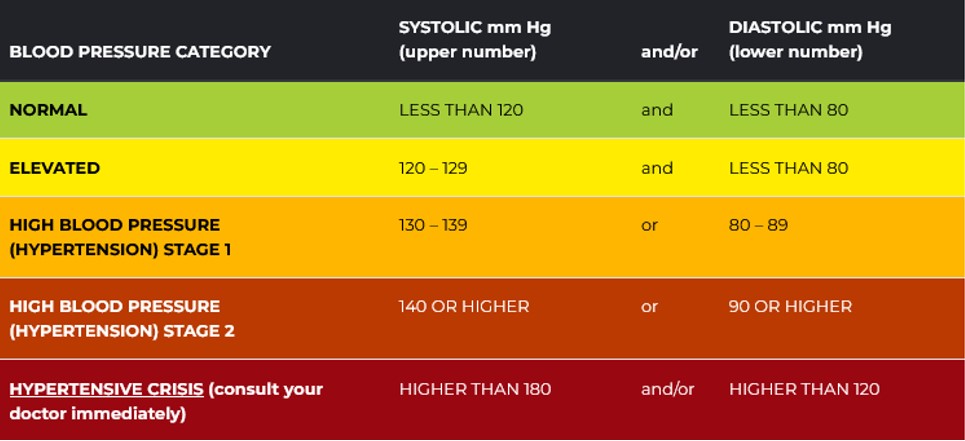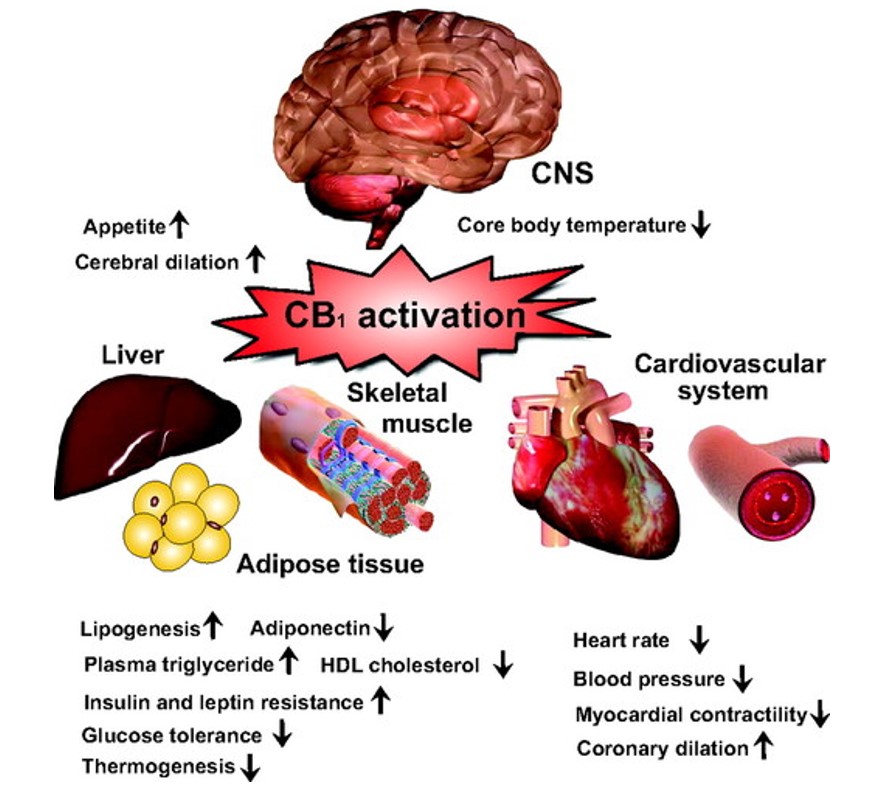Featured Products
CBD PRODUCTS


Be Pain Free Global is a trusted natural medicine provider making a difference in people’s lives worldwide.
Our reviews and testimonies speak for themselves. We focus on providing the best medicine and customer care for our clients
Learn more about our support process, how you can contact us at BPFG, and how we are here to help you.
We have a 10-business day replacement policy, and we take all inquires very seriously. We are committed to quality products for you.
The Ultimate Cannabis And Health Education Platform Presented By Be Pain Free Global.
At BPFG, we work hard on collecting relevant videos for cannabis consumer education.
Just cannabis? No. We are all about consciousness, vision, proper nutrition, and holistic health.
We have compiled great resources to help understand the benefits of cannabis for your health.
Check out what’s smoking on our strains and terpenes list. Featuring best strains curated by our editor.
Indica's are known for their calming and sedating properties, usually leading to munchies, and sleep.
Sativa's are known for their ability to produce energetic feelings and creating a positive uplifting euphoria.
Hybrids are a very popular with cannabis consumers due to the initial uplift followed by relaxation.
Every case is different and requires individualized care. We have some great tips for doctor reccomendations.
Join our collective with a valid California medical recommendation to gain access today
Get the details on how our affiliate program works and how you can benefit by referring others
Become a Be Pain Free Affiliate and earn lifetime commissions for your referrals

A silent and sneaky killer impacting millions globally, often goes unnoticed until it’s too late. Nearly half of people with hypertension are unaware of their condition. This common, yet devastating prognosis leads to stroke, heart attack, heart failure, cardiomegaly, kidney damage (nephropathy) and the leading cause of preventable blindness (retinopathy), as well as many other health problems. “Hypertension (HT) affects 1 in 3 adults worldwide. The number of people living with hypertension (blood pressure of 140/90 mmHg or higher) or taking medication for hypertension doubled between 1990 and 2019, from 650 million to 1.3 billion,” and at this stage, “if countries can scale up coverage, 76 million deaths could be averted between 2023 and 2050.” Stress and HT can be prevented with affordable, safe, accessible medicines and other interventions, such as sodium reduction, CBD supplements and upholding a healthy lifestyle.
Disabled U.S. Veterans can request a blood pressure monitor from the V.A. and others can easily find affordable models on the web. It’s important to monitor BP in order to prevent HT from developing.

The five blood pressure ranges as recognized by the American Heart Association are:
Normal
Elevated
Hypertension Stage 1
Hypertension Stage 2
Hypertensive crisis
A master regulator of bodily functions, the endocannabinoid system (ECS) is a unique system in the body and, “there is emerging evidence suggesting that the endocannabinergic system plays an important role in the cardiovascular regulation in hypertension.” Based on an article in Neuropharmacology, the endocannabinoid system and its receptors work within the central nervous system (CNS) in regulating, pathophysiological conditions associated with excessive hypotension as well as hypertension. The endocannabinoid system regulates overall homeostasis. It plays a vital role in the cardiovascular management of hypertension and “apart from their well-known neurobehavioral and immunological actions, cannabinoids also elicit potent cardiovascular effects, such as profound hypotension,” (low blood pressure).

“The possible antihypertensive potential of cannabinoids has reemerged as a result of findings demonstrating their greater hypotensive efficacy in hypertensive…animals and recent evidence for the tonic activation of the ECS in various experimental models of hypertension as a possible compensatory mechanism.” In fact, CBD may reduce heart rate, blood pressure and improve blood flow.
“To date, research on the effects of cannabinoid compounds on cardiovascular function is conflicting, with some studies showing cardio-protection and others showing adverse cardiovascular outcomes. These disparate findings may reflect differences in cannabinoids and the models used, mode of administration, or effects on cannabinoid versus other receptors in the periphery and central nervous system. Our finding that CBG lowers blood pressure is consistent with reports that: synthetic cannabinoids including Δ9-THC may decrease blood pressure; CBD causes vasorelaxation in human mesenteric arteries and lowers blood pressure in hypertensive rats; and the sympathetic nervous appears to play a role in the cardiovascular depression effects of endocannabinoids.”
Some of the most commonly prescribed medications for hypertension (HT) include:
Cannabinoids could potentially serve as antihypertensive medication. A study of the endocannabinoid system (ECS) and CBD for cardiovascular diseases proved that its effects on the ECS “may reduce the impact of increased blood pressure in hypertension cases by acting as an inhibitor of fatty acid amide hydrolase (FAAH) – the essential enzyme responsible for breaking down the endocannabinoid anandamide (AEA). FAAH inhibition happens to be a known feature of many cannabinoids like CBD, CBG, and CBGA.”
Be Pain Free Global Is A Recognized Leader In The Medical Cannabis Space. If you would like to learn more about Be Pain Free Global, how to get your medical recommendation, or how to join our collective, you can reach out to us via the chat button on our website, or call us at 1-888-420-3848.